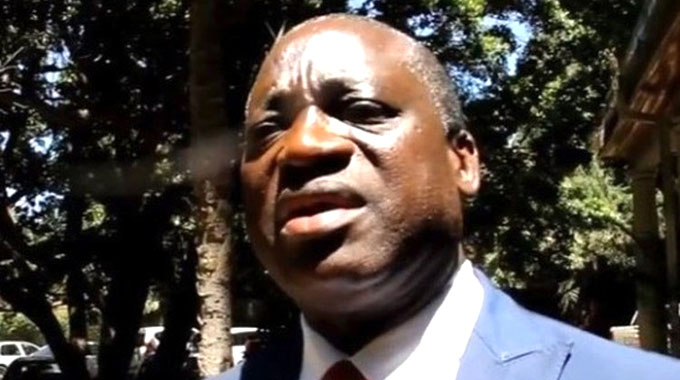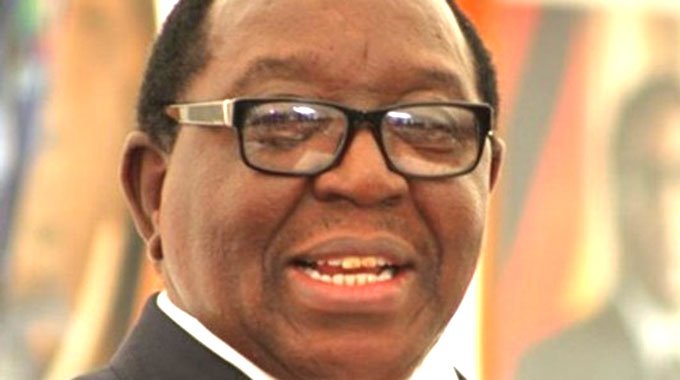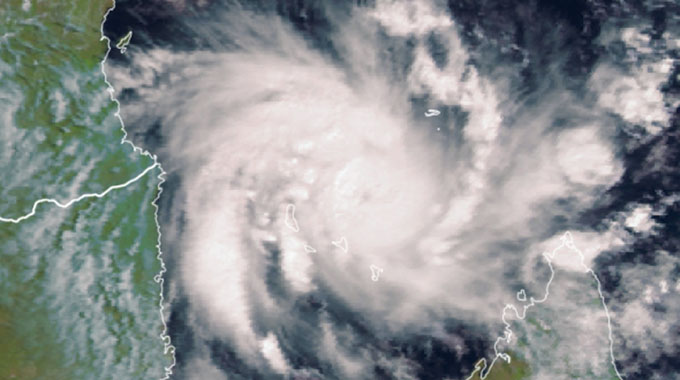Govt speaks on healthcare costs

Paidamoyo Chipunza Senior Health Reporter
Stakeholders in the healthcare sector must cooperate and engage each other to sail through the challenges bedevilling the sector, Health and Child Care Deputy Minister Dr John Mangwiro has said.
“Competition is good, but cooperation also takes people far,” he said.
“It is, therefore, important that during these stabilisation times, people do not lose hope, but cooperate for the betterment of the country.”
Dr Mangwiro was speaking in relation to the current cost of medical care, which has gone beyond the reach of many, including those with medical aid cover.
Some service providers are offering their services in US dollars or equivalent in cash.
While only an estimated 8 percent to 10 percent of the country’s population is on medical aid, information from reliable sources indicates that most of these service providers’ clients are people with medical aid cover.
For service providers accepting medical aid cards, patients are required to part with huge co-payments in cash and the shortfall is pegged in US dollars.
The cash payments are also pegged way above the interbank rate and in some instances the parallel market rate.
Mr Amos Makuwaza, whose father recently received medical services at a private institution in Harare said the hospital demanded US$250 cash for hospitalisation only before treatment.
He said this was besides the fact that his father had medical aid cover.
Another victim whose family recently received treatment from a Bulawayo service provider said they were asked to pay US$20 consultation fee for his wife and US$10 consultation for his minor child.
He said the option for bond or RTGS equivalent was even higher than the US dollar charge, even if it would have been changed on the parallel market.
Some patients have also expressed concern over access to medicines using medical aid cards, forcing them to resort to neighbouring countries such as Zambia and South Africa where prices are cheaper compared to local prices, which are pegged in USD or exorbitant RTGS dollars.
Zimbabwe Medical Association (ZIMA) secretary-general Dr Sacrifice Chirisa said while service providers welcome what medical aid societies are reimbursing, there was need for a co-payment.
“We welcome what the medical aid societies are reimbursing, but there is need for a co-payment in order to ensure that we reach to that discounted figure, which is there (gazetted in 2014),” said Dr Chirisa.
Asked on the US$ payments by most service providers, Dr Chirisa said ZIMA resolved to take note of the 2014 Statutory Instrument, which pegged all costs of medical services in US dollars.
Commenting on access to pharmaceutical products, Pharmaceutical Society of Zimbabwe spokesperson Mr Portifa Mwendera said pharmacists have actually gone out of their way to ensure that the pharmaceutical industry remain functional.
On the disparities in price of medicines locally compared to neighbouring countries, Mr Mwendera attributed the differences to trading and economic environments.
Association of Healthcare Funders of Zimbabwe (AHFoZ) chief executive Mrs Shylet Sanyanga said reimbursement rates by funders were determined by member contributions.
“Salaries are not going up, making it difficult for members/patients to meet medical costs or absorb increases in subscriptions. Employers have no capacity to absorb any increases either. Members are currently complaining about recent increases which still fall far short of meeting provider charges.”









Comments